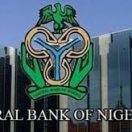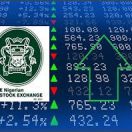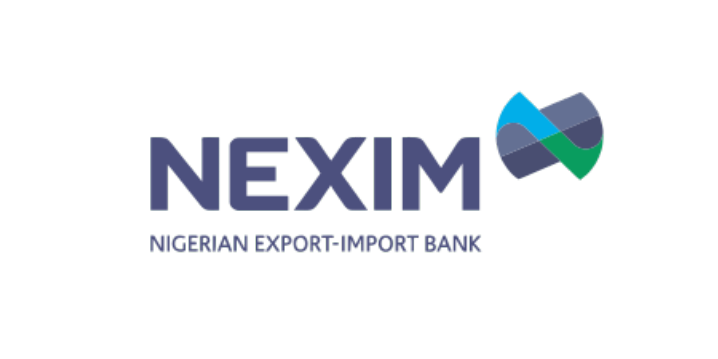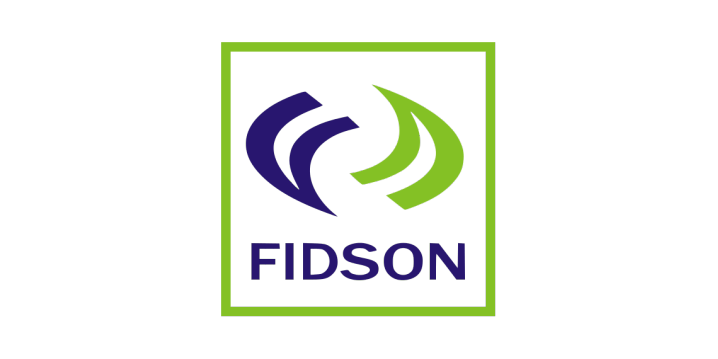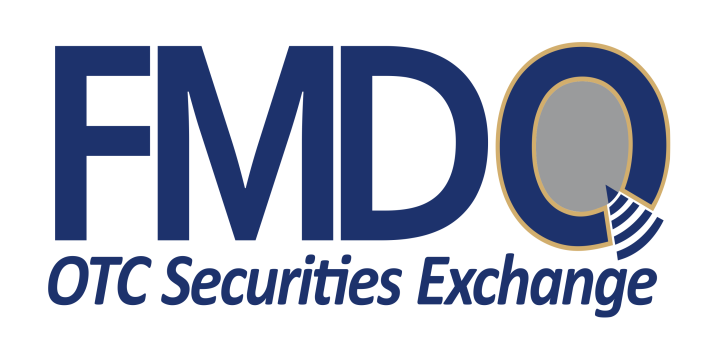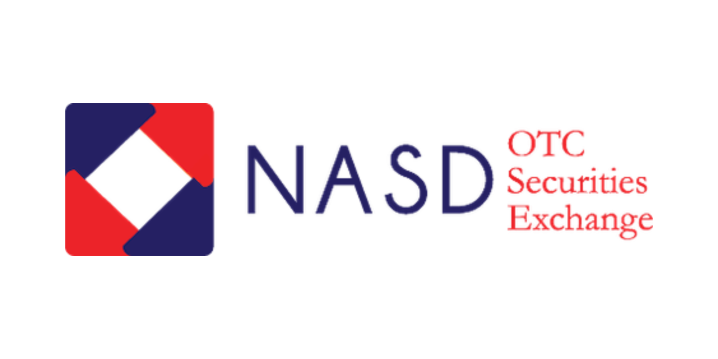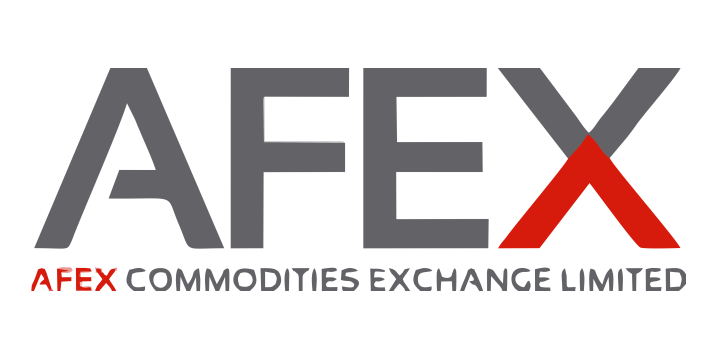- Opportunities in dividend paying stocks
Audited reports of quoted companies have started hitting the market. In a matter of weeks, we are going to see more audited reports with dividend declarations. At that, we should expect positive vibration in the market as smart investors will start taking position in order to benefit from the dividend payout of some of these companies listed on the Nigerian Exchange.
UCAP and Nigerian Breweries have released their Audited reports and they declared dividends of N1.5 and N1.2 respectively.
Investment in the stock market requires deliberate effort to ensure more wins and fewer losses. At that, it is important for investors to know what to do per time relative to the seasons and times in the market.
There are seasons and times in every stock market community. There is the earnings season when results are released; this happens at least 4 times in a year. There is the bullish season when prices are generally up, even if there are no results being released. There is also the bearish season when prices are generally down. For sure, there are periods when the market is sideway; that is, when the market is neither bullish nor bearish.
How do you invest in earnings season?
The most mistake people make all the time in the market is a situation where investors do rush to invest with the release of quarterly reports, audited reports or declaration of dividend. That’s actually a wrong way to invest in the stock market. Investment in stocks is done against expectation and not on realities. In other words, you are buying into a company based on what you think you can get; that is expectation. For instance, when you are putting your money in a stock, it is because:
- You hope that the price of the stock will grow more than it is now along the line.
- You are buying today because you hope and expect the Company to be there, bigger and better in years to come.
If your expectation is that an institution will soon be gone and out of operation, you will not be investing in it.
Expectation is the mother of all investment strategies. At that, investing only after you have seen the result of a stock is wrong. It is a wrong approach.
How should you be investing?
- Invest long before the next quarter’s result is released.
- You must always have an expectation of the outlook of the next quarterly report.
- Then invest, take position and wait.
- The next line of action should be first to monitor price direction while you are waiting. Price may be fluctuating. So long as your expectation is intact, wait.
- Results when released will form the answer to your expectation.
- If the result is good, then you have passed. You might decide to wait or buy more. You might decide to wait in the stock, buy more or even sell; take out your money and move on to another stock.
- If your expectations are not met, taking a decision appropriately should be expected.
How are expectations formed? How do you make up your mind to invest against that expectation? The following should form the basis of your expectation:
- Listen very carefully to news about the organisation. It could come through the pages of newspaper. It could come on the social media. It could come among your friends. It could come from people working within the organisation. When you are interacting and relating, also keep your ears on the ground because some of the information that filters to your ears could actually be processed and make use of to benefit you as you invest in stocks.
- Look at the product and services of the organisation.
- Look at the Board and Management of the organisation
- Consider the previous results of the institution; that is, quarterly reports, audited reports and history of dividend payout.
So for you to invest well in stocks, seek to lay hold on what the company’s earnings always look like. Is it improving yearly? Is it declining, fluctuating or stagnant? You need to get these information yourself. It is extremely dangerous investing in stocks of companies without results.
Investment opportunities in dividend paying stocks
We expect a sizable number of companies to declare dividend for the year end 31 December 2021. At that, investors should start taking position ahead of their expectations. To mention a few among dividend paying stocks include the following:
UNITED CAPITAL
United Capital declared a dividend of N1.50. At the current share price of N12, a position in UCAP will give a dividend yield of 12.50%.
The company achieved significant growth in its top line and bottom line figures for the year ended 31 December 2021.
A turnover of N18.065 billion was reported for the 12 months period, up by 40.32% from N12.874 billion reported the previous year.
Profit after tax grew by 46.78% to N11.465 billion from N7.811 billion reported in FY 2020.
Earnings per share of United Capital increased to N1.91 from the EPS of N1.30 achieved the previous year.
At the share price of N12, the PE. Ratio of UCAP stands at 6.28x with earnings yield of 15.92%.
Qualification date for the dividend is March 8, 2022.
The Register of Shareholders will be closed from March 9, 2022 to March 15, 2022 (both dates inclusive).
On March 23, 2022, dividends will be paid electronically to shareholders whose names appear on the Register of Members as at March 8, 2022, and who have completed the e-dividend registration and mandated the Registrar to pay their dividends directly into their Bank accounts.
NIGERIAN BREWERIES
Nigerian Breweries declared a final dividend of N1.20. At the share price of N48, dividend yield of Nigerian Breweries stands at 2.5%.
The Group reported a turnover of N437.285 billion, up by 29.74% from N337.046 billion reported in 2020 financial year.
Profit after tax grew year and year by 71.98% to N12.672 billion from N7.638 billion profit reported the previous year.
Earnings per share of Nigerian Breweries increased to N1.57 from the EPS of N0.91.
At the share price of N48, the P.E ratio of Nigerian Breweries stands at 30.59x with earnings yield of 3.27%.
Qualification date for the proposed dividend is 9th of March, 2022. The Register of Members will be closed from 10th March, 2022 to 16th March, 2022 (both dates inclusive).
On 22nd of April, 2022, dividends will be paid electronically to shareholders whose names appear on the Register of Members as at 9th of March, 2022, and who have completed the e-dividend registration and mandated the Registrar to pay their dividends directly into their Bank accounts.
ZENITH BANK
Zenith Bank has consistently over the years paid dividend to its shareholders. The bank has also consistently recorded growth in its audited reports for the past five years.
Zenith Bank is expected to pay at least N2.70 as final dividend. A position in Zenith Bank will give a dividend yield of 10.07%, relative to its current share price of N26.80.
The Bank is trading below its book value of N37.81, which affirms an uptrend potential for Zenith Bank.
OKOMU
The share price of Okomu Oil is trading flat at N127.8 after it dropped from N142 due to profit taking. This is another entry opportunity for discerning investors.
The company paid N7 dividend in 2020 year end from the earnings per share of N8.16. Based on its Q4 2021 earnings per share of N14.72, Okomu is likely to increase their dividend pay-out.
If the company decides to pay the same N7 dividend that was paid the previous year, Okomu will give a dividend yield of 5.48% relative to its current share price of N127.8.
ACCESS BANK
The audited report of Access Bank is expected to be good as Q1, Q2 and Q3 earnings of the bank in 2021 were consistently impressive.
The Bank increased its interim dividend pay out to 30 kobo from 25 kobo. This implies that there is tendency for them to increase their final dividend to about 60 kobo from 55 kobo final dividend declared the previous year.
At the share price of N10.35, Access Bank is considered cheap as it is trading below its book value ofN22.49.
FBNH
The share price of FBNH closed at N11.40. It has gone as far N12.90 in the past 52 weeks. A position in FBNH has an uptrend potential of N13.19% relative to its year high of N12.90.
First Bank paid 45 kobo dividend for the year end 2020. There is every possibility that the Big Elephant will increase their dividend payout for 2021 financial year.
With the book value of N20.99, relative to its current share price of N11.40, FBNH is considered cheap.
UBA
In 2020 financial UBA paid 35 kobo as final dividend in addition to 17 kobo interim dividend, making a total of 52 kobo as dividend payout.
In half year of 2021, UBA increased their interim dividend to 20 kobo as against 17 kobo interim that was declared the previous year. On the strength of increased payout of interim dividend, we expect UBA to improve their final dividend to at least 45 kobo.
At the current share price of N8.55, UBA is considered cheap as it is trading below its Book Value of N23.34.
DANGOTE CEMENT
The recent share buyback of Dangote Cement has moved the share price of the company to N273. This will translate to improved earnings per share of the company because the shares outstanding has reduced.
Dangote Cement paid N16 dividend from the EPS of N16.14 in 2020 year end. We expect them to pay at least N16 dividend or more for 2021 year end.
With increased demand for cement in the country as a result of infrastructural development by government and individual projects, Dangote Cement remains the most patronized brand in the cement industry.
Source: Basic Guide for Profitable Investment Decision – StocksWatch (stocksng.com)




